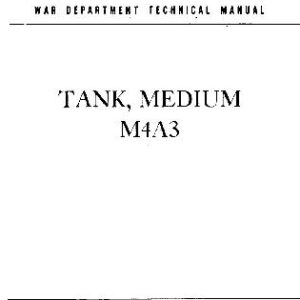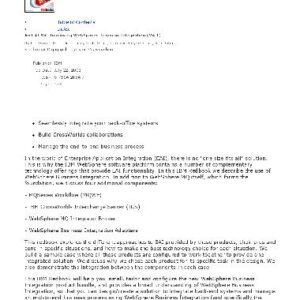STP 1408 examines the latest data and technology on isocyanates, and features topics ranging from sampling and analysis methods to health effects. Isocyanates are widely used in many industrial processes because of their high activity and affinity to many substances, which lead to polymerization, as well as the properties for the resulting polymers. They are used in the production of adhesives, elastomers, binders, flexible or rigid foams, paints, and lacquers. Because these products are used in a large number of synthesis and processing industries, many workers may be at risk of hazardous exposure. In addition, the various chemical and physical states of mixtures of isocyanate monomers and prepolymers make it difficult to document exposure-related toxicity through valid environmental sampling and analysis methods. Therefore it is of the utmost importance that the knowledge and tools necessary for the safe use of these products be made available to provide protection to the worker and the environment. 11 peer-reviewed papers cover: Isocyanate Determination in Atmospheres features new developments in sampling and analysis methods for workplace and environmental monitoring, including direct reading instrumentation, and how they relate to characterization of isocynate monomers and oligomers. Sampling Strategy and Control details case studies; global effects; interpretation of test results; control measures; and personal protective equipment designed to meet compliance. Health Effects covers toxicology; different routes of exposure, such as skin contact as well as inhalation; biological monitoring; surface contamination determination; evaluation of health effects; and the diagnostics used to detect exposure.






Reviews
There are no reviews yet.